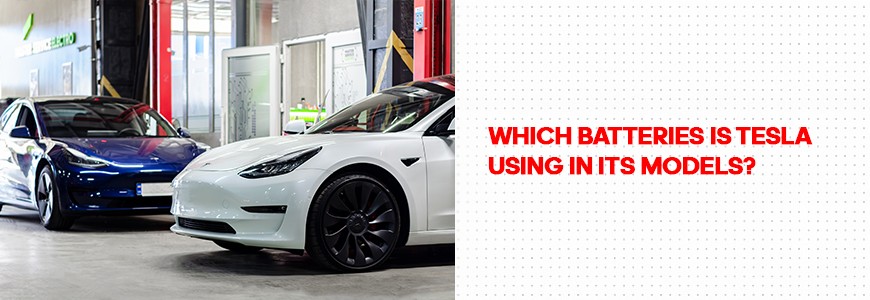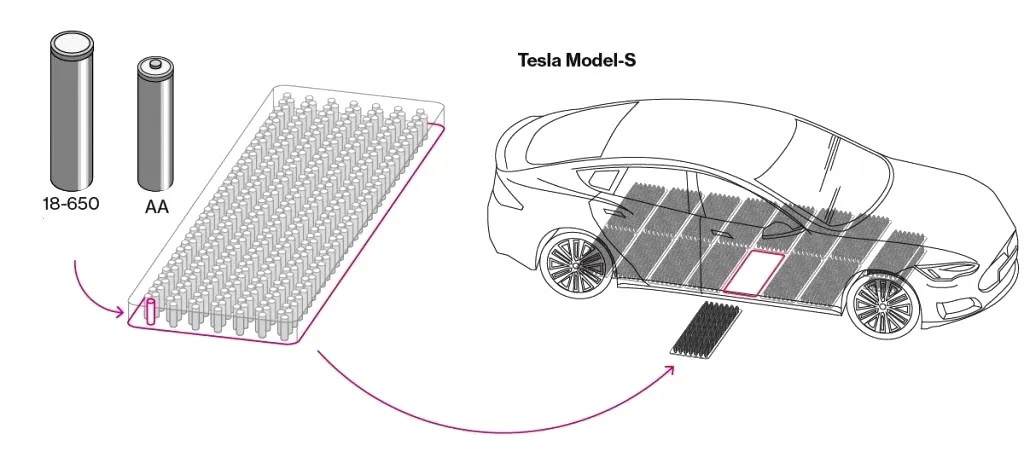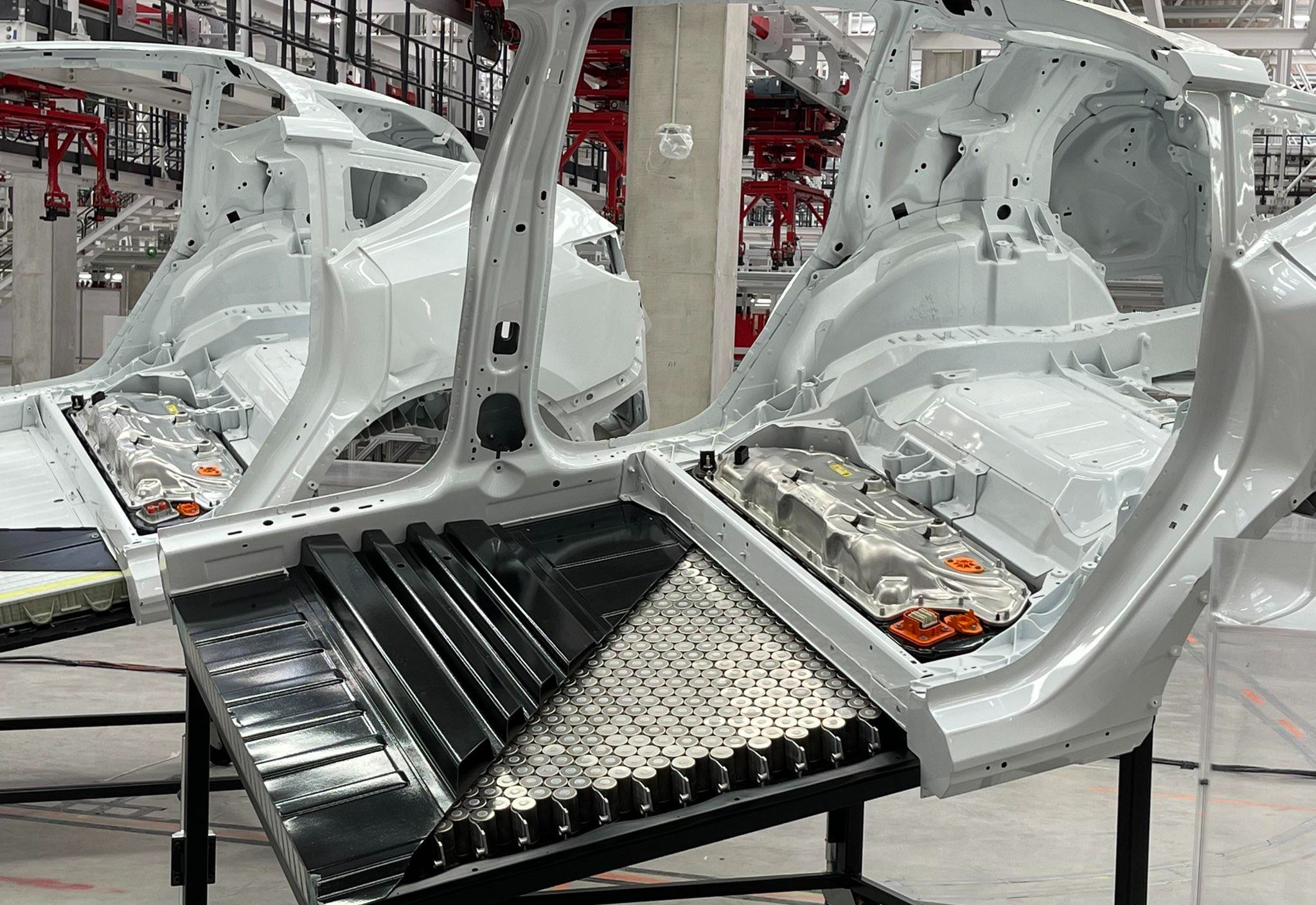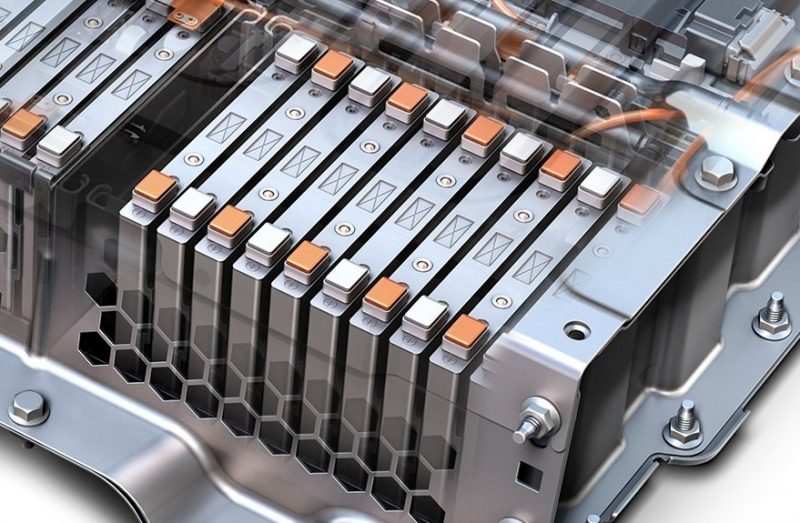
Tesla has played a crucial role in revolutionizing the automotive industry by introducing high-performance and eco-friendly electric vehicles. Tesla's success lies not in inventing groundbreaking battery technology but in its pragmatic and flexible approach, focused on continuous evolution, adaptation, and exploration of possibilities.
First batteries in Tesla electric vehicles
The foundation of Tesla's electric vehicles is based on lithium-ion batteries, which serve as the core energy storage technology for most modern electric cars and other devices. When Tesla started its journey, the choices for lithium-ion batteries were limited. As a result, Tesla decided to use cylindrical 18650-type batteries with a nickel-cobalt-aluminum (NCA) chemical composition, which were originally designed for general-purpose applications.
The 18650-type batteries are used in Tesla Model S and Model X (including the updated versions). Panasonic is the primary supplier of these batteries for Tesla.

Introduction of the 21700-type battery
Experience with producing and operating electric vehicles with 18650-type batteries revealed the need for a new battery element. This led to the development of the 21700 cylindrical cell. The 21700 battery cells have lower internal resistance, providing a more efficient charging rate, which offers additional convenience for electric vehicle owners. Using 21700 cells simplified the assembly of the battery module by reducing the number of connections between elements. This simplification lowers the overall complexity and cost of battery production.
The new Tesla Model 3, introduced in the summer of 2017, became the first model to feature Tesla's 21700-type battery. The compact crossover Tesla Model Y, which shares 75% of its parts with the Model 3, also operates on 21700-type cells.
Initially, Panasonic produced the 21700 type elements using NCA technology. Later, due to the increased production volume of Tesla vehicles, LG Energy Solution joined the production of these elements in China for Tesla's Gigafactory Shanghai, using NCM technology.

The new phase of battery evolution for Tesla – the 46800-types
Relatively recently, Tesla introduced a new variant of the Model Y electric vehicle with 46800-type battery elements. The new battery design eliminates the use of modules as it integrates the 46800 cells directly into the vehicle's structure, serving as structural components. According to Tesla, the 46800-type elements will increase the vehicles' range by 16%, while the cost per kilowatt-hour capacity will decrease by 14%. Tesla produces the 46800-type elements in-house using NCM technology.

Following global trends – LFP prismatic battery type
Until recently, Tesla exclusively used cylindrical battery cells. However, the Model 3 and Model Y now utilize LFP prismatic batteries supplied by CATL. This allows Tesla to maintain competitive pricing for these models and effectively withstand increasing market competition. Owners of Tesla vehicles with LFP cells enjoy several advantages, including a safer battery and a longer battery lifespan, as charging it to 100% does not negatively impact the battery's longevity.
This is yet another example of Tesla's pragmatic adaptation to the market situation.

Why know the structure and chemical composition of an electric car's battery?
While knowing the chemical composition and construction of an electric car's battery can be helpful in understanding its performance characteristics, range, and charging mode, it is not necessary for electric car owners. Most modern electric vehicles come with comprehensive warranties and technical service plans that ensure the optimal functioning of the battery throughout its lifespan. However, such knowledge is essential for automotive service technicians to efficiently and quickly restore the functionality of electric vehicles.
All the necessary knowledge for diagnosing and repairing Tesla vehicles and electric car batteries can be obtained at the MSG Equipment Training Center through relevant courses. The training takes place online on the ZOOM platform, focusing on the Tesla Model 3 electric car and diagnostic scanner LOKI, as well as the electric car battery tester MS800.
Do you want to learn more about diagnostics and repair of Tesla vehicles, the LOKI diagnostic scanner, and the MS800 battery tester? Feel free to message or call at +38 (066) 771 09 93 (Viber, WhatsApp, Telegram).



COMMENTS